The Sussex Bluebell Season
Welcome to my 2022 bluebell woodland project, which this year took me to quiet woodlands in East Sussex. The majority of people enjoy bluebell displays at a very popular nearby woodland, but other woodlands can be discovered through (occasional) word of mouth. To protect these woodlands, I will not share the location names, and not without good reason. I noticed severe damage to bluebells in near a popular car park, caused by intentional trampling.
In the past, saying hello to people and starting up conversations in the countryside was the norm, but in the last few years, I've begun to notice that the majority of walkers refuse to speak to me out of fear. Ten years ago, people would stop and ask me about my photography, take my card and bring up my work the next time we met. That has all gone, possibly forever.
Another exceptionally mild (and dry) winter and spring lead to early flowering, with the peak height and blooming around 25th April. I visited the woods on 30th April last year during a cold and dry spring and the bluebells were at medium height and only half out. This created problems, as I had booked leave for a typical bluebell season, but spring 2021 was so cold, by the time bluebells flowered in significant numbers, my holiday was nearly over. I'm happy that my timing was better in 2022 and there were ample subjects to photograph.
Early morning and late evening are good times to photograph bluebell woods — rays of sunlight turn flower heads mauve and trees cast long shadows. Yet, photographers often overlook the benefits of bright, but sunless skies. Provided the winds are light, I can photograph bluebells all day long in these conditions. Diffused lighting really brings out the vibrant spring colours. Using a circular polariser filter improves the appearance of foliage by eliminating reflections. The camera is always mounted on a tripod and I use mirror-lock and a timer to avoid vibrations.
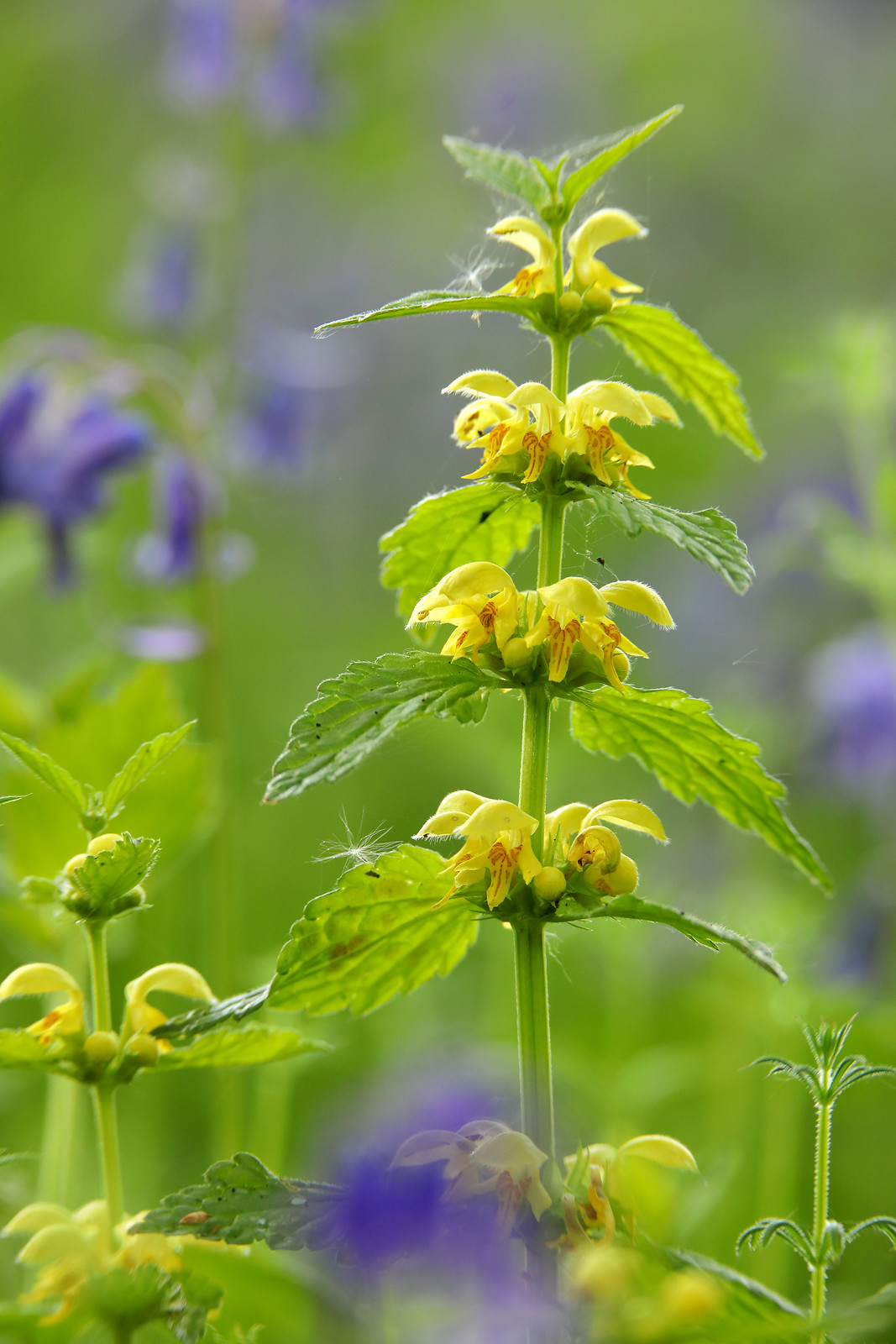
It's a sad fact that most bluebell woods are dull to look at in summer. Bluebells thrive best in woodlands allowing plenty of light between February and April, when the trees are bare, but which block light from reaching the ground in summer, eliminating plant competition. Fortunately, the southern and western periphery of this woodland allows plenty of light for Yellow Archangels and Anemones to grow alongside bluebells. The intricate flower heads of Yellow Archangels resemble orchids, and although we toyed with the idea of buying seeds for the garden, it spreads very easily and is best enjoyed in the wild.
Bluebells thrive in dry conditions like spring 2022, because they have deep roots, which push bulbs further down, enabling access to moisture and providing protection from sub-zero temperatures. Although the surface of the Sussex Weald is currently rock hard, the underlying clay holds moisture well. While gardeners need to water their plants daily, bluebells give themselves a head start with their ingenious ecology.
The best way to photograph bluebells and other woodland flowers in close detail is to use a telephoto lens. Lenses with a long reach allow the photographer to get close, without physically trampling on bluebells. If I can't get close enough, even with a 500mm lens, it is sometimes possible to reach the subject by stepping into bare patches of ground or carefully walking over fallen tree trunks to get a closer perspective.
From the railways to the destination woodland, I carried around 14 kg of equipment for roughly 4 miles each way, completing 22000 steps in 6 hours. That took a lot out of me, but the experience was incredibly good for my physical and mental health. Spending time in this beautiful bluebell woodland, with its mild Hyacinth-like scent, was immensely enjoyable. I've been showing these photos to my mother on the laptop, and she really wanted to enjoy the bluebells with me. It's a great thing that I can bring the bluebell wood to my mother — both as a photo essay and the 200 bulbs I'm going to plant in the garden this autumn. Now, it's time to say thank you, Mother Nature for another bluebell season and cheers to Mother MacKenzie for the Rioja we're going to share over dinner this evening!

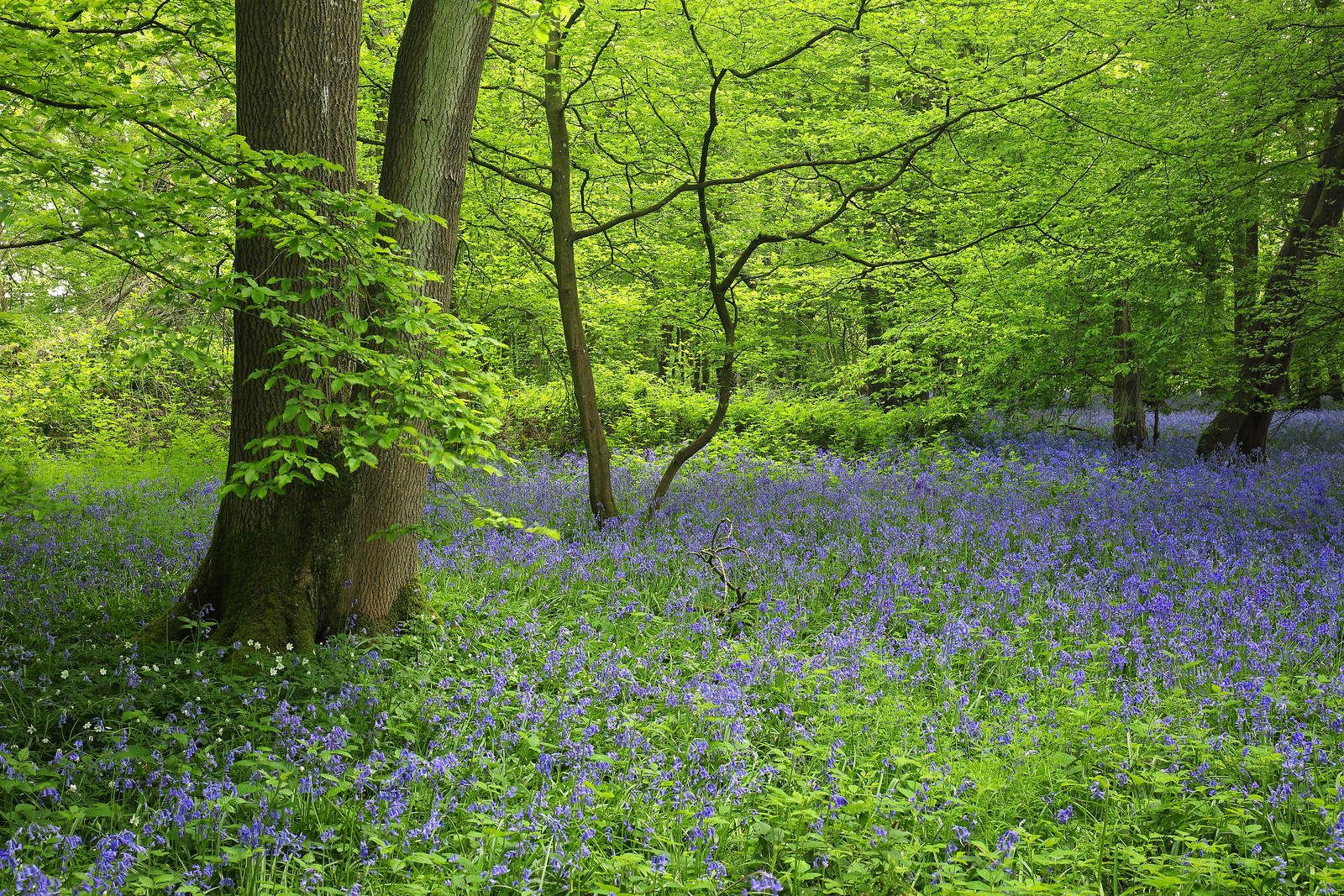

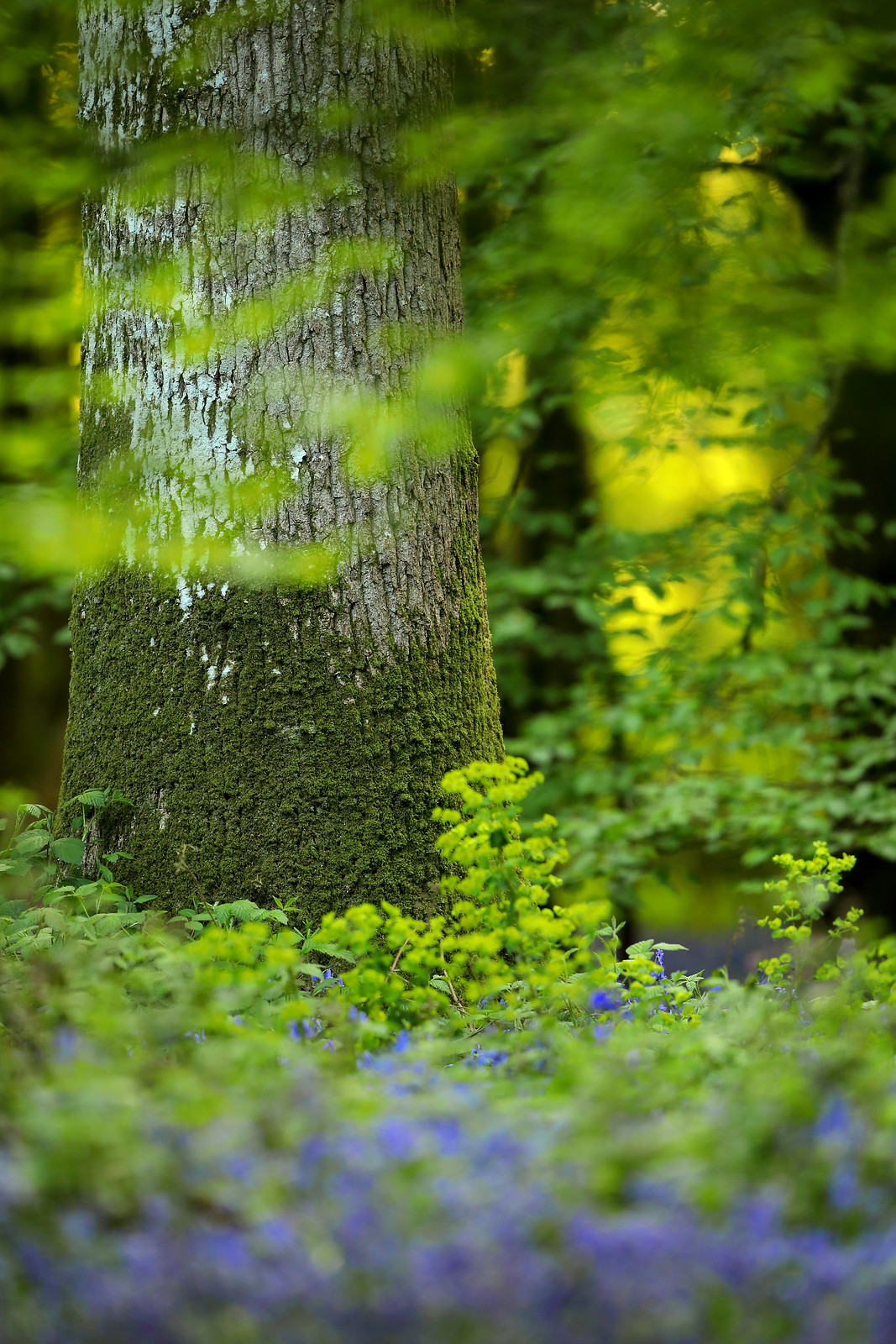
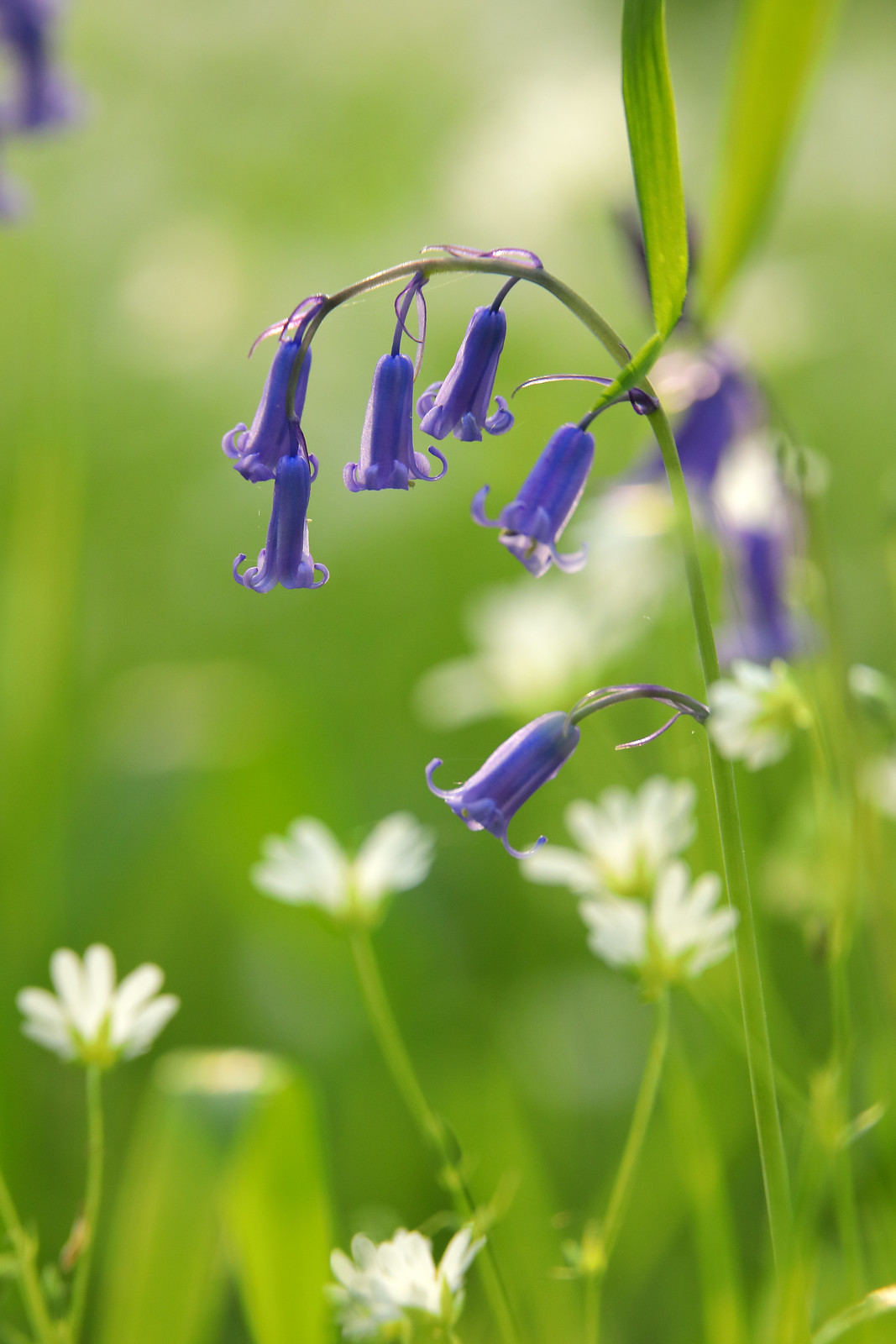
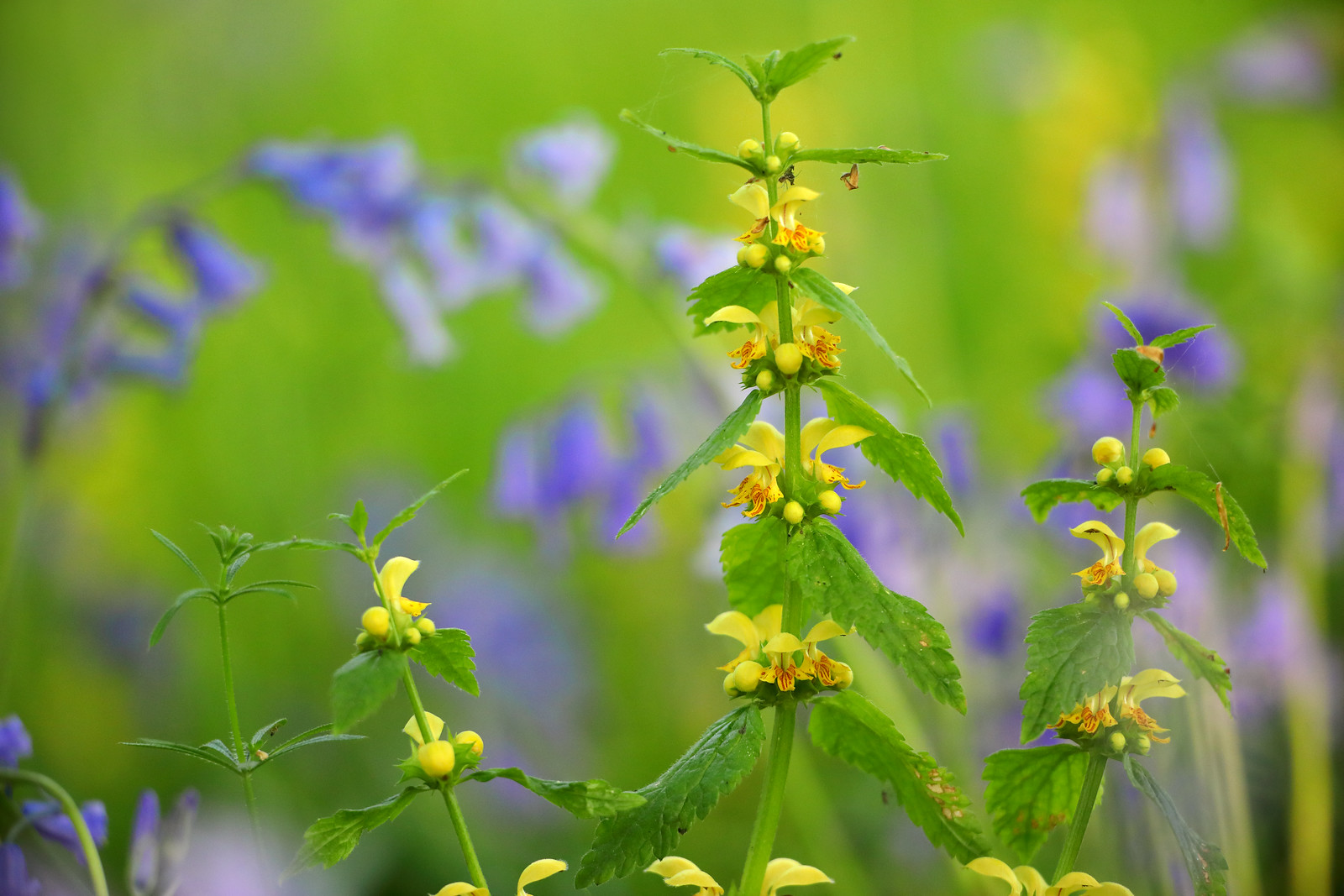
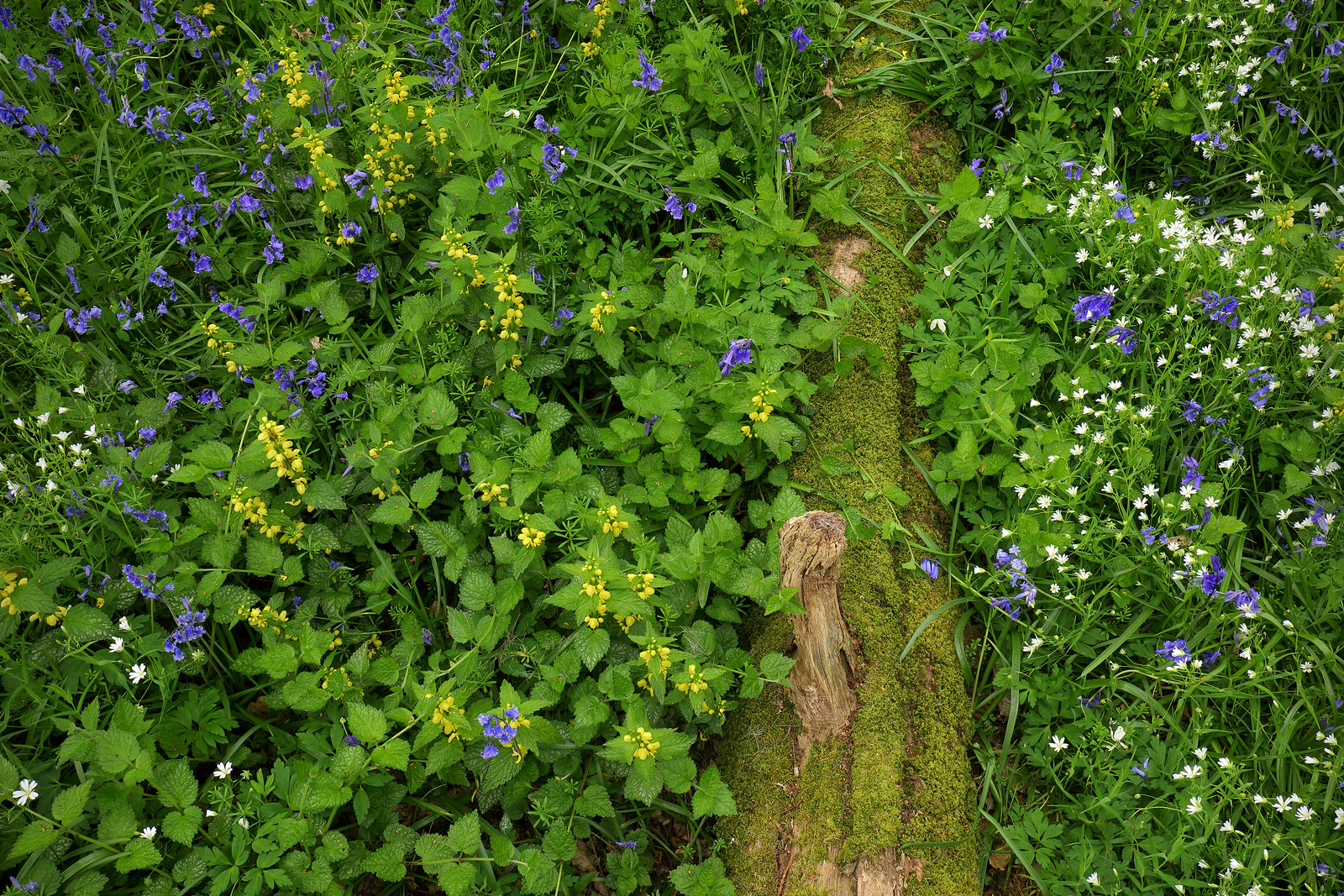

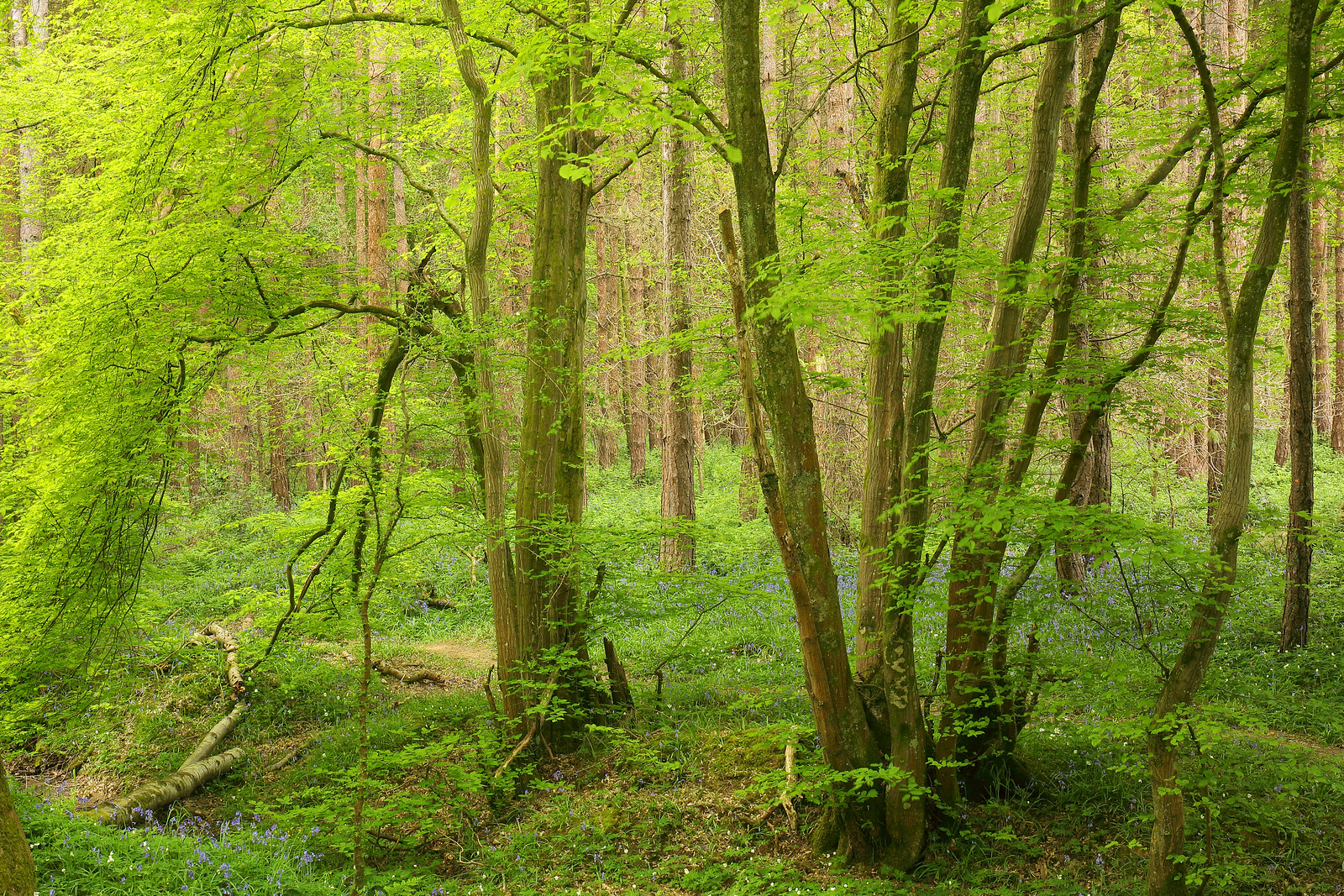

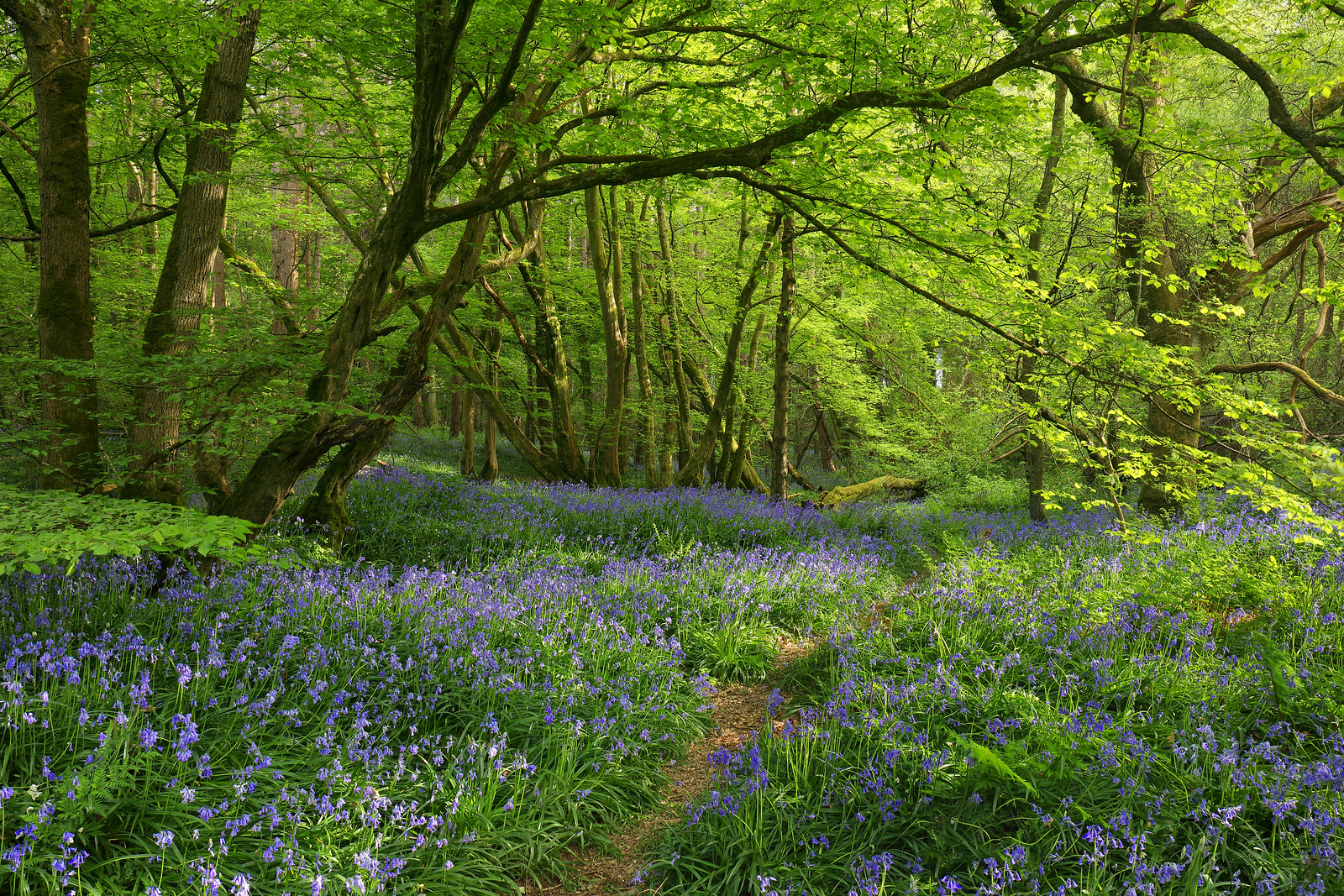
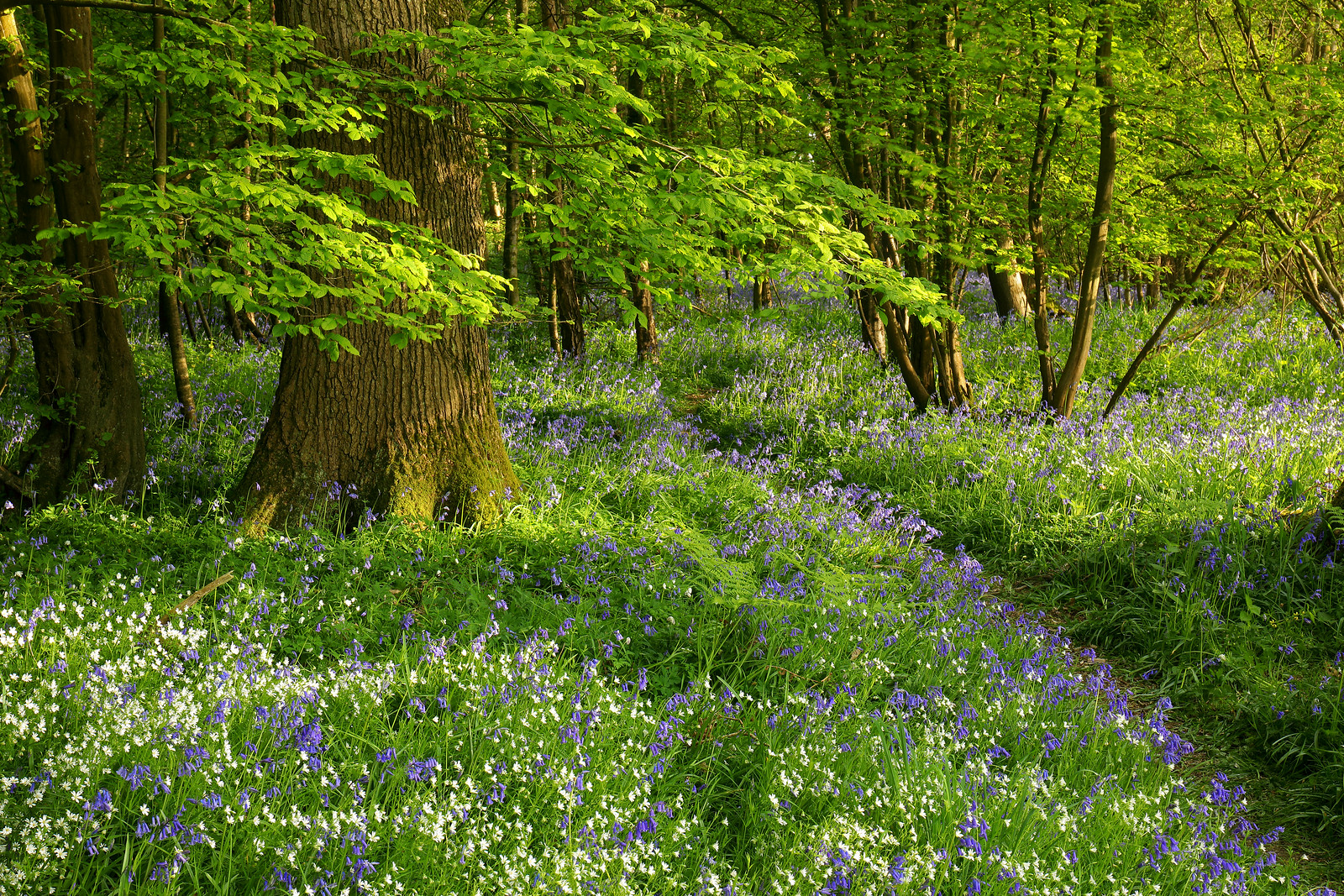

Comments
-Bart (https://www.flickr.com/people/spunkybart/)
I got set in my ways at the same locations, but I took risks this spring and explored the area further. There is plenty more, if you look. For the golden hour, the site needs open expanses at the perimeters for the light to flow in - my newly discovered sites are shaded and therefore more suited to bright, but sunless conditions.